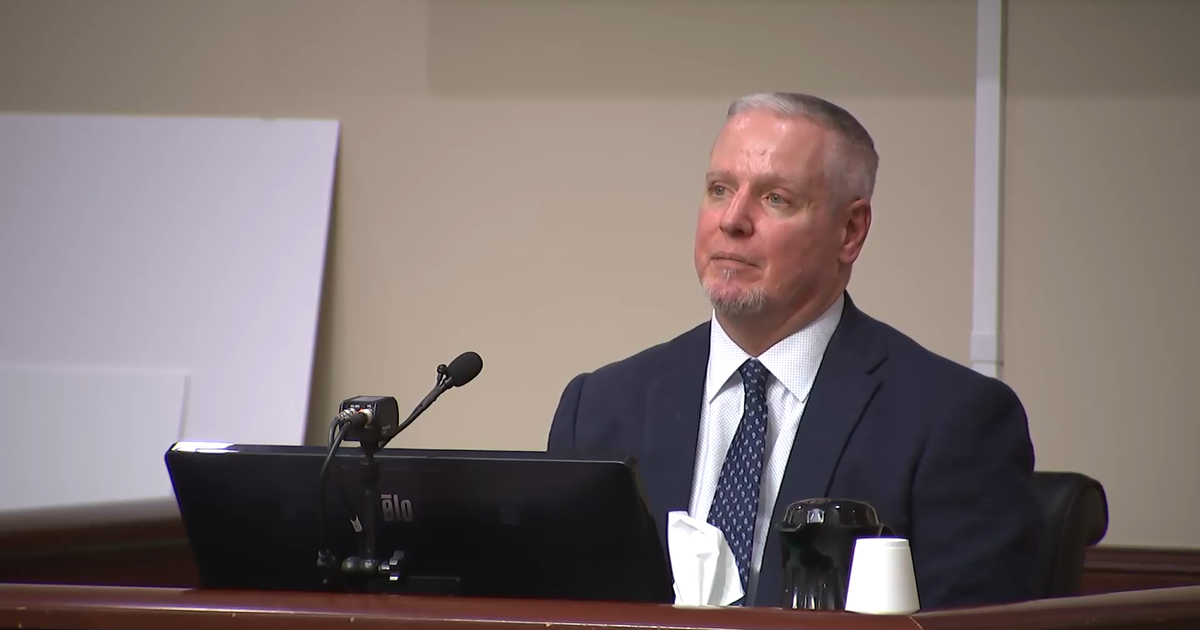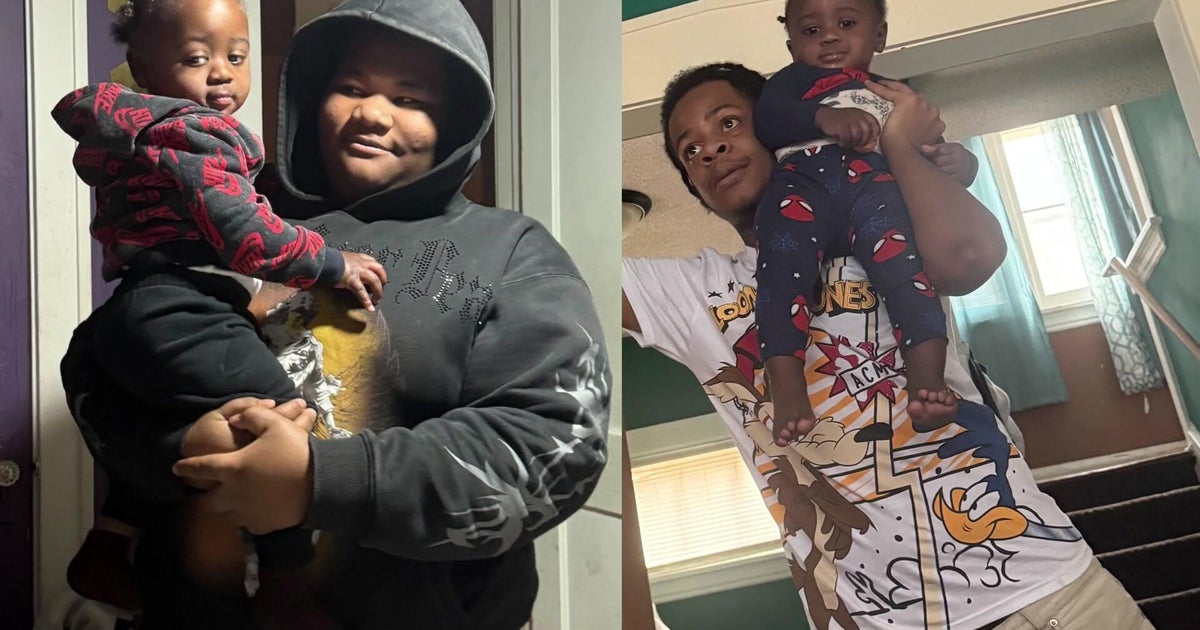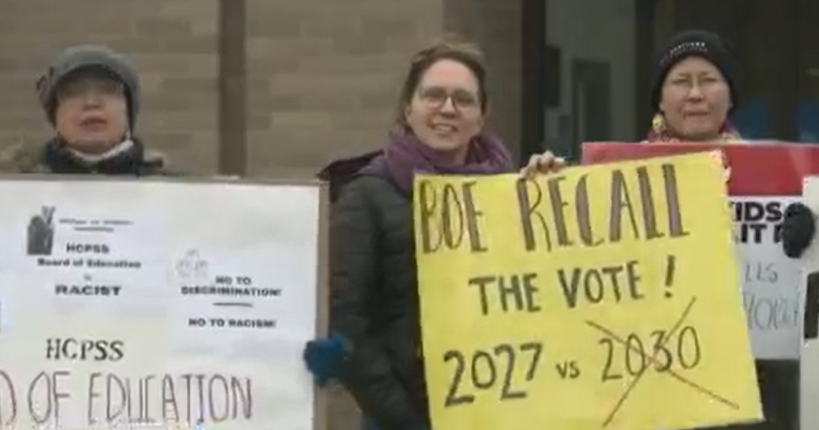Newtown Parents Back Study For Clues To Violence
HARTFORD, Conn. (CBSNewYork/AP) -- As parents, Jeremy Richman and Jennifer Hensel were plunged into grief when their only child, 6-year-old Avielle, was killed in the massacre at Sandy Hook Elementary School. As scientists, they wanted answers about what could lead a person to commit such violence.
The couple believes it's unlikely there ever will be a full answer explaining why a man gunned down 26 people inside the Newtown, Conn., school last year. But they feel more research into brain health -- and how a propensity for violence is manifested -- could help prevent future tragedies.
"When we started reaching out to scientists to talk about the underpinnings of violence and how this particular factor played a role in what happened to us, there is some, but no real, research going on this field," Hensel said.
On Monday, they announced a scientific advisory board for the Avielle Foundation, which was established with the goal of reducing violence. While some other victims' families have immersed themselves in the push for tighter gun restrictions, Avielle Richman's parents see the foundation named for their curly-haired daughter as their response to a tragedy that has launched advocacy work on many fronts, including school safety and mental illness.
The Dec. 14 massacre was carried out by 20-year-old Adam Lanza, who killed 20 first-graders and six educators inside the school with a military-style semi-automatic rifle before committing suicide. The isolated, socially awkward Lanza played first-person shooter video games in a weapon-filled house where he lived with his mother, according to search warrants released last month, but authorities have not described a possible motive or released details of any medical condition that might shed light on his actions.
Avielle, a girl who loved horses, Harry Potter and the color red, had moved to Connecticut with her family about two years before the shooting. Her father kept a blog called "Avielle's Adventures," telling friends about a trip to a Thanksgiving Day parade, her 6th birthday at a horse stable, a road trip to Iowa.
Jeremy Richman is a researcher at the pharmaceutical company Boehringer Ingelheim. Hensel, his wife, is a medical writer with her own company. The foundation is a way for them to harness their training and skills -- and to channel their grief.
"I think the best way to help from a tragedy such as this is by action where your strengths lie," Hensel said. "This is our motivation now. We will never stop being parents to Avielle."
The Avielle foundation, funded through donations and grants, aims to raise $5 million this year and begin reviewing its first grant applications later this year.
One member of the foundation's advisory board, Terrie E. Moffitt, said science on the origins of violence has been neglected by federal agencies that provide research grants.
"Families of individuals with autism, ADHD, learning problems or schizophrenia demand that funding agencies support research into these disorders," said Moffitt, a neuroscience professor at Duke University and at the Institute of Psychiatry, King's College London. "Families of violent individuals don't."
The other members of the board announced Monday are R. John Krystal, chair of the psychiatry department at the Yale University School of Medicine, and James Blair, chief of the unit on affective cognitive neuroscience at the National Institute of Mental Health.
The Avielle Foundation says it hopes to remove stigmas for people seeking mental health aid, develop the concept of a "brain health check-up," and identify behavioral and biochemical diagnostics for detection of people at risk of violent behaviors.
Share your thoughts in the comments section below...
(TM and Copyright 2013 CBS Radio Inc. and its relevant subsidiaries. CBS RADIO and EYE Logo TM and Copyright 2013 CBS Broadcasting Inc. Used under license. All Rights Reserved. This material may not be published, broadcast, rewritten, or redistributed. The Associated Press contributed to this report.)







